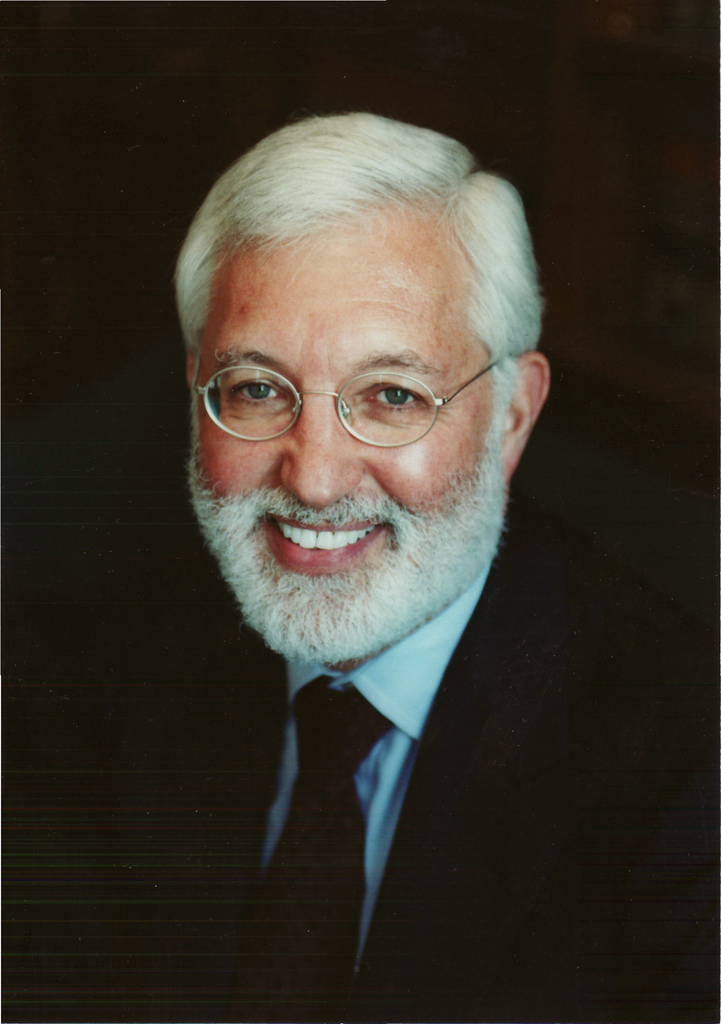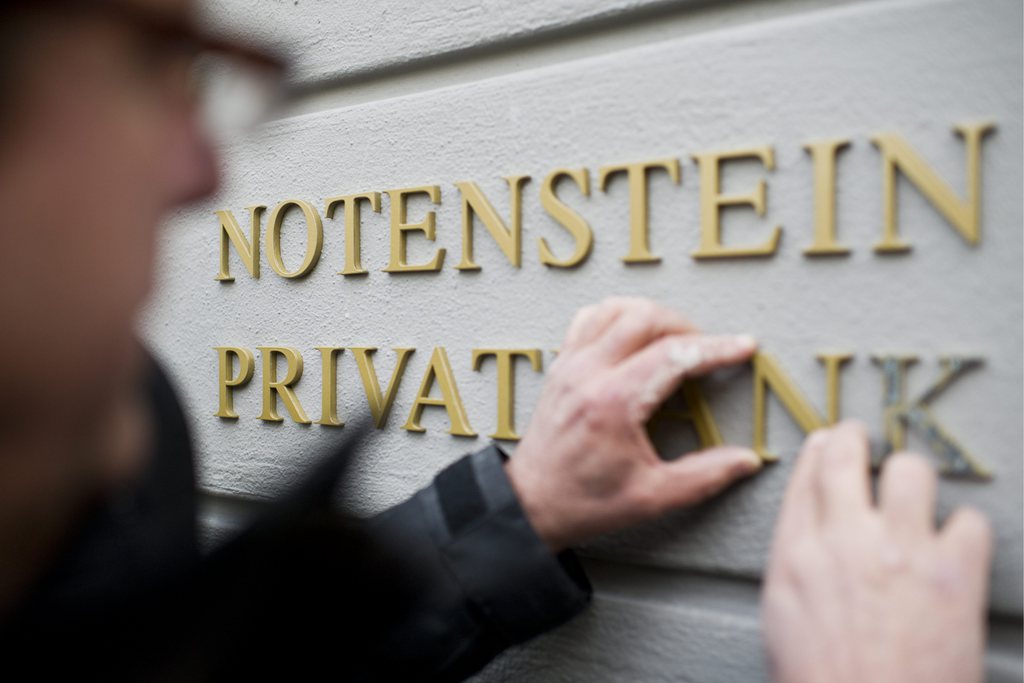‘US is no bully’ says judge in Swiss bank case

The United States judge who presided over the criminal court case that brought down Switzerland’s oldest bank, Wegelin, tells swissinfo.ch that the US legal system was justified in cracking down on tax evasion with such force.
In March, Judge Jed Rakoff ordered the bank to pay a fine of $74 million (CHF65.5 million) for helping US citizens to dodge taxes.
Wegelin had virtually ceased operations a year earlier when it sold its non-US business to the Raiffeisen group for CHF560 million. While the bank itself has felt the full weight of US law, individuals who were also indicted in connection to the offences remain as fugitives.
Since Wegelin’s demise, the Swiss government has signed a deal allowing all banks to divulge client details to the US Department of Justice (DoJ) in order to escape criminal prosecution. After the controversial deal was brokered earlier this year, Swiss finance minister Evelyn Widmer-Schlumpf described it as “the best possible result. We can live with it”.
swissinfo.ch: For years Swiss banks helped US clients evade tax without legal action until there was a political will to crack down on tax evasion. Has the US legal system become a political enforcement agency?
Judge Jed Rakoff: It is interesting that there should be such a perception because it is not accurate at all. There has been a decades-long tension between Switzerland and the US over the issue that Switzerland provided a haven for tax cheaters.
What led to recent US activities was the feeling that the Swiss banks had become more aggressive in promoting their ability to help clients evade taxes. They were in effect advertising this to US citizens as an advantage of holding Swiss bank accounts.
The Department of Justice (DoJ) felt this went too far. It’s bad enough that Switzerland made itself available to help people evade their taxes, but even worse that they were actively promoting it.

swissinfo.ch: Is it right for the US to impose its legal system on Switzerland?
J.R.: It is a sad but true fact in the history of the world that powerful nations have acted as bullies towards less powerful nations. That remains a very real danger, but I don’t think it fits this situation.
What right does one state have to impose its laws and values on another? That’s an age-old debate. The US does not have the right to impose its values on another country unless that country is directly harming us.
The mere fact that we are being harmed does not automatically mean we get to take aggressive action. It is not an open and shut case. Such action has to be balanced against the harm to the values of the other country.
However, the US perception is that Swiss banking secrecy is an economic decision taken by Switzerland to foster its strong banking activity. That’s not sufficient justification for the harm done to us through massive tax evasion.
swissinfo.ch: In this case, why have the few Swiss bankers that have appeared before US courts not received harsher prison sentences?
J.R.: I have learned from long experience that it is a mistake to have an across-the-board view that anyone who commits “crime x” should go to jail for a set number of years.
Some defendants might be career crooks while others may have made a serious mistake while leading an otherwise law-abiding life.
It is very hard for the public reading about a case to get a feel for the human being before the judge. Sometimes human beings are terrible people who need to be sent away for a long time, but on other occasions it is much more complicated.
swissinfo.ch: But Wegelin the institution paid the ultimate price for breaking US law.
J.R.: When UBS agreed to stop its unlawful practices, Wegelin made a conscious decision to go after the very same customers. That message was being sent by the institution as a whole, it was not a narrow fraud perpetrated by a few individuals in the company.
But at the end of the day, there are always individuals who make the decision to break the law and they, in my view, should be the primary target as much as possible.
swissinfo.ch: How serious is the behaviour of some Swiss banks compared to the many cases you have presided over?
J.R.: There have been far worse financial crimes to have come before me or other judges, such as WorldCom and Madoff. These were committed by people who set out to commit fraud on a mammoth scale.
No one views the cases of the Swiss banks in that magnitude, but no one views them as trivial either. There were large sums of money involved and no government can operate unless people pay their taxes.
swissinfo.ch: It is rumoured that some cantonal banks may seek immunity from prosecution as state-owned institutions. What is the legal merit of this defence?
J.R.: US law states that if a state-owned institution serves a commercial purpose it does not get sovereign immunity. Otherwise, under the Soviet regime, virtually any company in the USSR could have claimed immunity from any sort of conduct.
You get sovereign immunity if you are acting in a governmental way, not if you are acting in a commercial way.
swissinfo.ch: How much should Swiss companies fear the US legal system?
J.R.: Private litigation in the US has become ever more cautious about the extraterritorial application of its laws.
A private citizen cannot bring a stock fraud lawsuit if all the relevant activity occurred abroad – you could have done that 20 years ago. So the law has become more favourable to foreign investors in terms of private litigation.
In terms of government litigation, if you want to do business in the US, you have to abide by our laws. I think that’s the attitude of most countries in the world.

In compliance with the JTI standards
More: SWI swissinfo.ch certified by the Journalism Trust Initiative












You can find an overview of ongoing debates with our journalists here . Please join us!
If you want to start a conversation about a topic raised in this article or want to report factual errors, email us at english@swissinfo.ch.